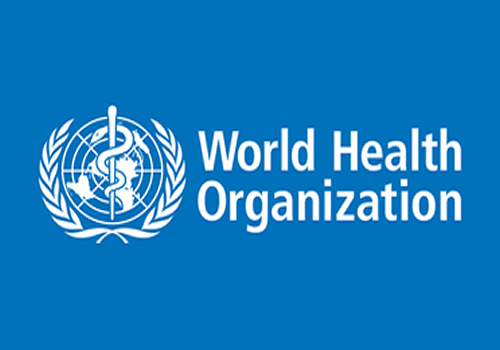Also, warning that the wealth of a country did not necessarily translate to a wider health coverage, Okunola said that while poor people were at the centre of inequality in health coverage, Africa, with an estimated population of 420 million poor people, accounted for 50 per cent of the global population. “About 60 per cent of the people are below the age of 25 and the implications for disease prevention and basic health services are critical.
Climate change will continue to have an impact on infectious disease transmission patterns and geographic range, especially for vector and water-borne diseases,” he said. Okunola rated Ghana, Rwanda and Kenya among a few Africa countries where a substantial fraction of the population have access to medical services, with Nigeria, Ethiopia and Mali named among the poorest in the rating.
The Acting Chief Executive Officer of the African Society for Laboratory Medicine, Ndlovu Nqobile, told our correspondent that the programme was being held in Nigeria to protect Africa from the next pandemic. He said, “You can talk about the Ebola and Yellow fever challenges currently facing Africa.
This conference is timely. We have come together as a community of public health specialists to discuss and learn from each other on ways to prevent the next pandemic issue on the continent. As a continent, this is the time to come up with solutions to these problems. We have the representatives of our partners and the representatives of the governments of the various countries present so that Africa can address its health challenges.”
Source: Pharmatimes
 A Senior Health Specialist at the World Health Organisation, Dr Babatunde Okunola, has said that Nigeria and many other African countries are yet to reach an appreciable level in the provision of Universal Health Coverage to their people.
A Senior Health Specialist at the World Health Organisation, Dr Babatunde Okunola, has said that Nigeria and many other African countries are yet to reach an appreciable level in the provision of Universal Health Coverage to their people.